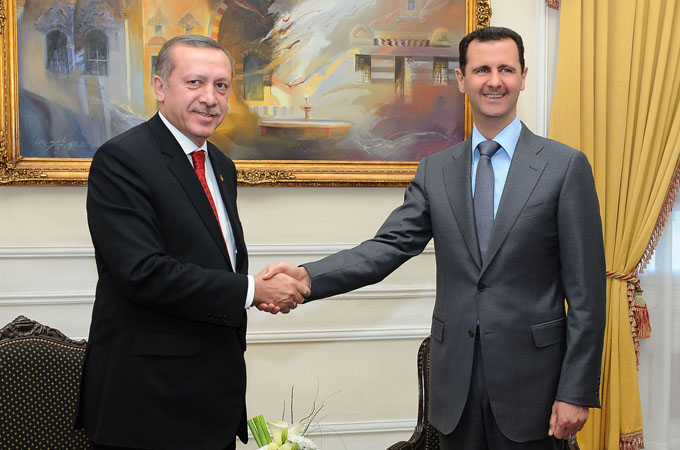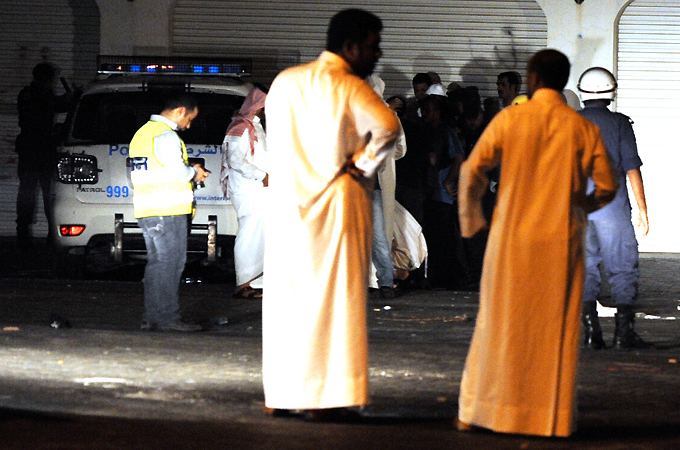By Greg Donaldson
Impunity Watch Reporter, Asia
PHNOM PENH, Cambodia – In the opening statement of what many have called the most important stage of the Khmer Rouge trial, Prosecutor Chea Leang accused Nuon Chea, Ieng Sary, and Khieu Samphan of turning the country into “a massive slave camp producing an entire nation of prisoners living under a system of brutality that defies belief.”

This phase of the trial is known as “Case 002” and will examine Nuon Chea’s role in the killing of approximately two million people. Chea who is well known as “Brother Number Two” again wore his large sunglasses during the proceedings today as he has throughout the trial. While Cambodians are familiar with the accusations against Chea, hearing the stories and examples in a narrative caused many to cry.
Eighteen year old Tha Chanthy began to shed tears when explaining that her grandfather was killed by the Khmer Rouge. However, Chanthy said that she could come to terms with the past if justice was served. She explained “my grandfather died and he wasn’t guilty of anything. “We need to find justice for him.” “Even if he’s already passed away, if we can find justice then his spirit will be able to rest in peace.”
A key aspect of the case will be the prosecution’s ability to prove all of the defendants were engaged in a “joint criminal enterprise.” In order for the prosecution’s burden of proof to be met it will need to demonstrate each defendant had knowledge of and supported the implementation of a criminal plan.
The other prosecutor, Andrew Cayley, explained to the court that “none of the accused here ever soiled his hands with blood, but all set in motion a series of policies which unleashed an ocean of blood.” Cayley further explained that one witness will testify that Chea ordered the immediate execution of a large number of prisoners. The witness is currently serving a nineteen year sentenced for his role as head of Khmer Rouge’s main prison.
While many Cambodians are thrilled that the leaders of Khmer Rouge are being tried, pessimism among citizens of whether justice will be served is high. 74 year old Ieng Thirith has been declared “unfit” for trial due to medical reasons. Theary Seng, the founder of the Cambodian Center for Justice and Reconciliation explained “the release of Ieng Thirith is only one reflection on how incredibly late these trials are coming into place.”
Former prisoner Sum Rithy is undeterred by the manner the trial has moved forward. The former mechanic explained “the tribunal must continue, I’ve been waiting 30 years for this day.” “This isn’t a normal crime.” “This is a big case.” “Millions of people died.”
For more information, please see:
New York Times – Khmer Rouge Leaders Accused of Brutality ‘Defying Belief” – 21 November 2011
The Christian Post – Khmer Rouge Genocide Trial Leaves Cambodians Pessimistic – 21 November 2011
United Press International — Khmer Rouge Leaders’ Trial Under Way — 21 November 2011
Aljazeera – Khmer Rouge Trio Face Trial in Cambodia – 20 November 2011



